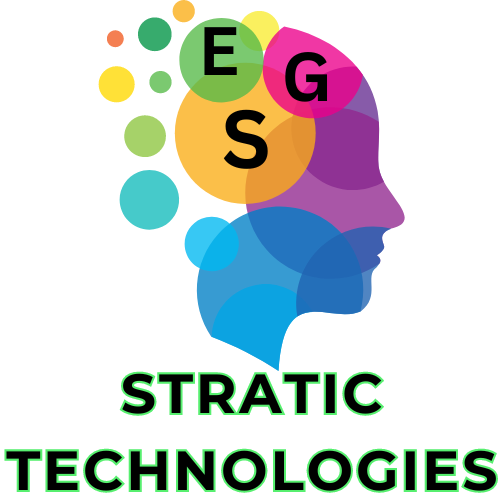The Rise of AIoT: Transforming Industries and Shaping Our Future
In an era of rapid technological advancement, the convergence of Artificial Intelligence (AI) and the Internet of Things (IoT) has given birth to a revolutionary concept: the Artificial Intelligence of Things (AIoT). This powerful combination is set to reshape industries, enhance our daily lives, and drive unprecedented growth in the coming years.
According to a recent report by Allied Market Research, the global AIoT market is poised for explosive growth. Valued at $126.1 billion in 2023, it’s projected to skyrocket to $1,319.4 billion by 2032, boasting a remarkable compound annual growth rate (CAGR) of 30.2% from 2024 to 2032. This surge is fueled by several key factors, including the proliferation of connected devices, advancements in AI algorithms, increased demand for predictive maintenance, and the pursuit of enhanced user experiences.
The AIoT ecosystem encompasses a wide range of components, including hardware, software, and services. Its applications span various sectors, from video surveillance and inventory management to predictive maintenance and supply chain optimization. Industries such as retail, agriculture, logistics, healthcare, and manufacturing are at the forefront of AIoT adoption, leveraging its capabilities to drive efficiency and innovation.
While North America currently holds the largest market share, the Asia-Pacific region is expected to exhibit the highest growth rate in the coming years. This global spread underscores the universal appeal and applicability of AIoT technologies.
Leading tech giants like Microsoft, Google, IBM, and Amazon Web Services are driving innovation in the AIoT space, alongside specialized players such as Bosch.IO, Hitachi, and Siemens. Recent collaborations and partnerships, such as those between Vodafone and Microsoft or Telenor Connexion and AWS, highlight the industry’s focus on developing robust AIoT solutions.
Despite its promising outlook, the AIoT market faces challenges, primarily concerning data privacy and security, as well as high implementation costs. However, the potential benefits far outweigh these obstacles. AIoT is enabling autonomous data collection, analysis, and decision-making, leading to smarter cities, more efficient manufacturing processes, and improved healthcare outcomes.
As we look to the future, it’s clear that AIoT will play a pivotal role in shaping our world. From optimizing business operations to enhancing our quality of life, the possibilities are boundless. Companies that embrace this technology early stand to gain significant competitive advantages, while consumers can look forward to more personalized, efficient, and intelligent services.
The AIoT revolution is not just about connecting devices; it’s about creating a smarter, more responsive world. As we stand on the brink of this technological transformation, one thing is certain: the future is intelligent, and it’s powered by AIoT.

